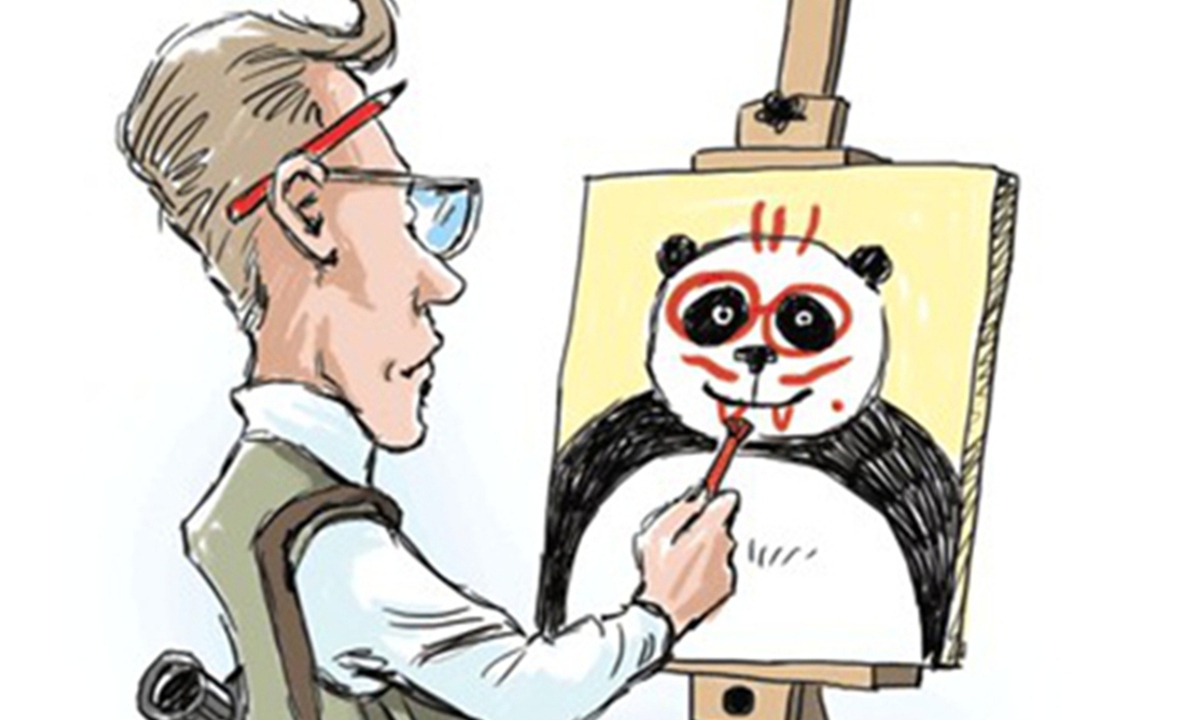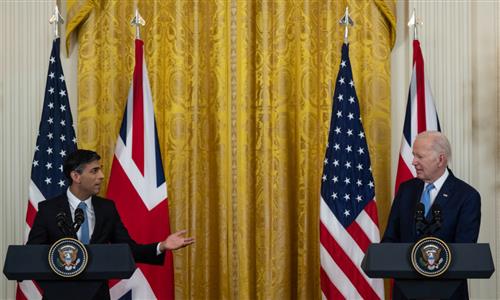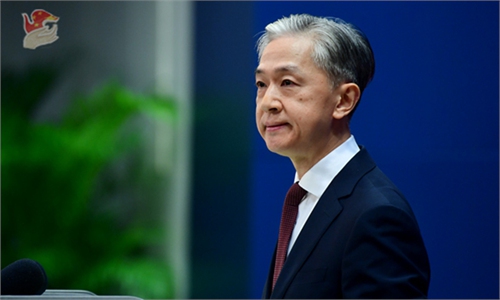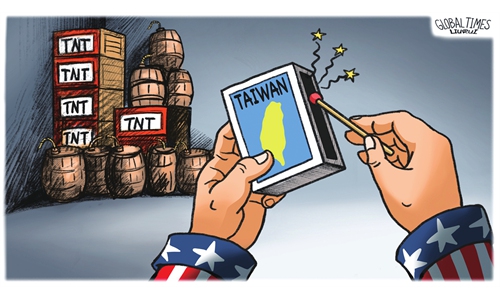Why has WSJ become a ‘professional rumormonger’ against China?: Global Times editorial

Illustration: Liu Rui/GT
On June 8, the Wall Street Journal (WSJ) published an "exclusive report" citing anonymous US officials, stating that China agreed to pay cash-strapped Cuba several billion dollars to allow it to build an eavesdropping station. To understand what this news means to Washington, which has become so sensitive about China-related issues, we can refer to the "Chinese made cranes," "corn factories," and "balloon incident" that the US hyped up earlier this year. The nature of these events is somewhat similar, though the severity cannot be compared with the "Cuban eavesdropping station," but they have all caused a stir in the US.
Cuba is only about 160 kilometers from Florida. If China really builds surveillance facilities there, will Washington's politicians still be able to sleep? The WSJ called it "a brash new geopolitical challenge by Beijing to the US," which immediately reminded people of the most dangerous moment of the Cold War - the Cuban missile crisis. Other US media outlets quickly followed suit, and the members of Congress who have made being anti-China their political careers also took action. The US Senate Select Committee on Intelligence issued a joint statement solemnly stating that building a spy base will pose a "serious threat to our national security and sovereignty." As a result, the tension suddenly increased, and these people obviously wanted to escalate the situation.
John Kirby, spokesperson for the US National Security Council, said before the WSJ article was published that he couldn't comment on the details of the report, but stated that the US was monitoring the situation and taking steps. After the article was published, Kirby clearly stated that "this report is not accurate," so there were obvious contradictions. The Pentagon also said that the media reports are "not accurate." To be honest, the denials by the White House and the Pentagon were somewhat surprising. It may be that the quality of the WSJ's information is so poor that officials cannot publicly endorse it. Cuba stated that the article was "totally mendacious and unfounded information," and China pointed out that "spreading rumors and slander" is a common tactic of "hacker empire" the US.
The WSJ is a habitual and repeat offender when it comes to spreading rumors about China. Not long ago, it created a major international rumor by saying that China proposed recognizing the "occupied territories of Ukraine as part of Russia." Because it was so absurd, Ukrainian Foreign Minister Dmytro Kuleba immediately refuted the claim and clarified it. There are many such examples. However, not only does the WSJ not take responsibility or pay the price for these false accusations, it instead thrives in stirring American public opinion and goes further down the road of spreading rumors. It is hard to believe that there was no US official tolerance, encouragement, or feeding of these rumors. People suspect that this is a case of one person playing the good guy and the other playing the bad guy. In fact, rumors have become a handy tool and weapon for the US to contain and suppress China, and they are very cheap.
These rumors and hype often appeared at a moment when a turning point in China-US relations seems imminent. Just as the US media revealed that US Secretary of State Antony Blinken might visit China in the next week or two, the WSJ's rumors came out, as was the case with the "balloon incident" in February. This once again made people realize that there is a force, a black hand, secretly causing damage to bilateral relations and pushing the two countries toward confrontation. When the US government uses rumors, rumors in turn also manipulate and influence the US government. The reason why the White House and the Pentagon refuted the story this time may be because they are afraid that if the rumors are allowed to ferment, they will lose control and become passive. However, the US government's ability to control this dark political force is becoming weaker and weaker.
From this incident, it can also be seen how difficult it is to bring the US back to a normal and rational state of understanding toward China. In fact, the US has been carrying out activities such as global surveillance, building military bases near China's territory, and conducting close reconnaissance along China's coast in recent years. After the false news that "China is building an eavesdropping station in Cuba" came out, some American scholars even said that China is prepared to do the same in America. This is very ironic. If those lawmakers who get nervous and lose sleep at any sign of "China wanting to cause trouble near the US" can show a little empathy and think about how the US' actions would make Chinese people feel, China-US relations would not have reached the current difficult situation.
The US has repeatedly expressed its hope of avoiding conflict and confrontation with China, but if something goes wrong internally every time there is a sign of an easing in bilateral relations, then this has become a major uncertainty that China-US relations face, and it is also a huge risk that the US cannot avoid. The WSJ has become a professional rumormonger against China, which is not only a media outlet degrading itself, but also a footnote to the pathological environment in Washington.



